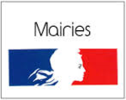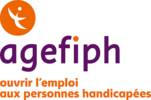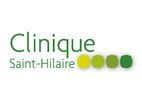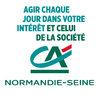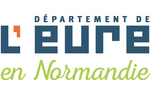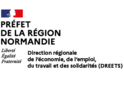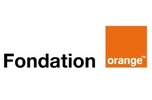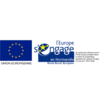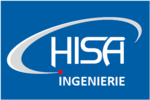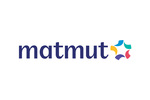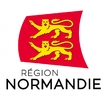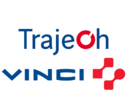
Belgium
Go to Belgium
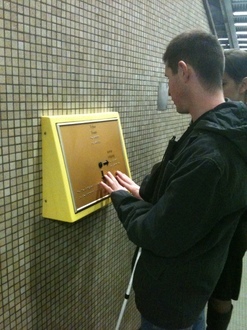
From February 22th to February 25th, 2010, two students from Handisup left for Belgium to visit 3 services: The LIGHTHOUSE (person disabled with sought autonomy), the student’s assistance service in LOUVAIN LA NEUVE and the University disability service of Liège.
- The LIGHTHOUSE is a French-speaking Brussels public service for disabled persons. It provides assistance to French-speaking Brussels inhabitants and decides on help and on financing contrary to France where the MDPH decides on helps which are financed by the CAF, the AGEFIPH or the FIPHFP who decide themselves to grant helps.
LOUVAIN LA NEUVE, and the University of Liège disability services follow a thirty students.
- The examinations
For exams, they have an agreement with the examinations office. They arrange depending on the assessment they make on the basis of the documents brought by the students. These materials are provided by their personal doctors.
- Studies
There is a teaching companion for 5 disabled students. She helps to resume classes for points raising problem with regard to disability. This is a person graduated from the section.
There are volunteers Note-takers. Photocopies are made by the voluntary companion.
- Professional project and employment
There is an attempt to link with companies. Indeed, a meeting took place but there were a few present students. This event took place too early or too late in the program. There's no professional project work and link with companies due notably to the lack of quota.
- The accommodation
They have some accessible housing.
There is collective housing called "KOT" including 7 students.
There are KOT Services (15 KOT Services for 30 students) where disabled students in need of human assistance are housed with valid students. This support is provided in addition to the specialized interventions (e.g. nurse). This allows a presence, a repair and to have more flexible schedules. This service is not offered by the home support Services.
Some are KOT to projects: students must propose animations around a theme. They receive a grant to carry out these animations.
For example, regarding disability the KOT is called KOTIDIEN. Students offer animations around disability: “Dinner in the dark", “Meals hush” (having meals without speaking after having had a sign language course the previous week) etc.
Belgians’ welcome is friendly, go for it!
This trip to Belgium was very nice and allowed me to know if it was easy to live there and to study there, to reach then the world of work. People are rather open generally; we can ask them information quite easily, as well as where a shop is located, or a street or a museum.
Museums are equipped with audio guides, the only small downside is the fact that they are tactile, which means that a visually impaired person needs someone to run them. Despite that, employees do not hesitate to come and ask us if everything goes well, if we need help to take a lift...
Meanwhile Brussels’ underground has a similar accessibility to the Paris ‘underground. Initially I had trouble to distinguish podotactile borders because they aren’t put at all as here in France, but we become used to it in time. Ads are present in each train, but unfortunately they are covered by the noise produced by the train on the rails, so it’s better counting stations to make sure to be in the right place when you have a visual disability.
Some restaurants, and particularly the restaurant where we ate at Liège, offer a menu in braille. I was pleasantly surprised and I can only urge you to eat there.
For the studies we were able to discuss with a person of the disability Service of the University of Louvain-la-Neuve, and we met students who told us about the “quotes”. I found the system interesting as far as it allows several people to meet to work on the outcome of a common project.
Even if everything isn’t perfect in terms of accessibility for a visually impaired person, I encourage you to try the adventure.
Je veux étudier comment faire ? J'envisage un métier, à qui en parler? Je dois faire un stage, où chercher ?
